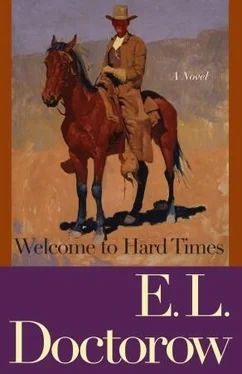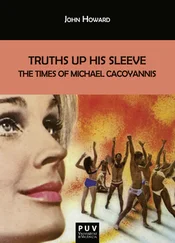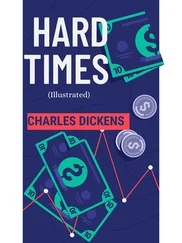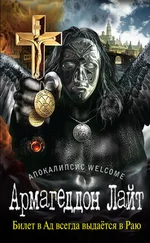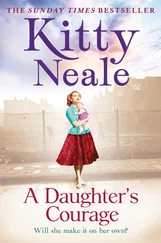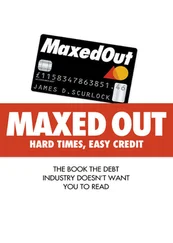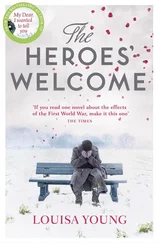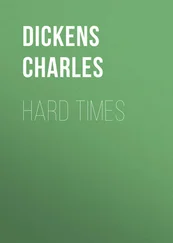I watched him a long while. Nobody else seemed to notice his leaving, people were all over the street, the lunch crowd was grouping in front of Swede’s tent. I went into the store. Isaac was there toting up figures on a pad. The fat Chinagirl was sitting and resting by the door, breathing with difficulty, her hands on her knees.
“Isaac what did that fellow buy?”
“Weren’t that the foreman?”
“It was.”
“Well he took some vittles, a fryin’ pan, a box of cartridges, matches, a blanket, bottle of castor oil, coupla ounces smokin’ tobacco …”
Did I have to be told? Did it have to be in a letter? The next day miners began coming down the trail, walking with their picks on their backs, riding two up on their mules. They filled the street. Angus Mcellhenny told me: “As long as the payroll kept coming, Blue, we kept diggin’ that rock. But I knew weeks ago it wasn’t ore we were diggin’. ’Twas only the color.”
Like the West, like my life: The color dazzles us, but when it’s too late we see what a fraud it is, what a poor pinched-out claim.
Of course now I put it down I can see that we were finished before we ever got started, our end was in our beginning. I am writing this and maybe it will be recovered and read; and I’ll say now how I picture some reader, a gentleman in a stuffed chair with a rug under him and a solid house around him and a whole city of stone streets around the house — a place like New York which Molly talked about one night, with gas lamps on each corner to light the dark, and polished carriages running behind the horses, and lots of fine manners … Do you think, mister, with all that settlement around you that you’re freer than me to make your fate? Do you click your tongue at my story? Well I wish I knew yours. Your father’s doing is in you, like his father’s was in him, and we can never start new, we take on all the burden: the only thing that grows is trouble, the disasters get bigger, that’s all.
I know it, it’s true, I’ve always known it. I scorn myself for a fool for all the bookkeeping I’ve done; as if notations in a ledger can fix life, as if some marks in a book can control things. There is only one record to keep and that’s the one I’m writing now, across the red lines, over the old marks. It won’t help me nor anyone I know. “This is who’s dead,” it says. It does nothing but it can add to the memory. The only hope I have now is that it will be read — and isn’t that a final curse on me, that I still have hope? I would laugh if I could, who will come here to find my ledgers of scrawls: that old toothless drover who took my savings to bring back beef on the hoof? If he wasn’t a liar he was old enough to be smart. I think I knew he was lying when I gave him the money, I was paying him a debt, I was paying him to leave. Maybe the circuit judge … although now I’m not clear in my head whether I wrote Jenks’s letter or not, did I give it to Alf or not, and anyway why should he come by since nothing is left to judge?
Jenks let free that bent-over fellow the minute he saw what chance there was. The hunchback scuttled off in the crowd, I caught a glimpse of him later, he was one of those looting Isaac’s store. At least I think so. In all that noise I can’t be sure what I saw, there was moonlight hot as the sun, bright as noon, but it was like the light of pain shining from the blackness.
“Jenks!” I remember Molly screamed. She had run outside and was standing, waving at the coach coming down the street. The Sheriff was atop his hearse wagon, the door on the side flapping open and shut. Sitting up there with him was Miss Adah and Jessie.
He thought Molly wanted to get on. “Hurry up, ma’am,” he said, leaning over to help her, “them bastards is about to cut loose.” And I thought too she was climbing up, even though I had despaired of getting her to go. But what she did, she pulled him down from the box and was all over the poor man, holding around his neck, clutching him, giving him kisses, moaning out her words: “Jenks, get him for me, you’ve got to get him, you have a hankerin’ don’t you Jenks, I’ve seen it, a woman can tell. Get him and I’ll go with you anywhere, I’ll be your natural wife, anything you please, I swear—”
The boy and I were looking on and the two women from up on the box. All the sound was coming from the saloon.
“For God’s sake Jenks,” said Jessie turning and looking back. “For God’s sake will you come on!”
“But ma’am, if’n hew please!” He was trying to get loose of Molly.
“Jenks, just one shot, why the man’s a target, why he’s just looking to come up dead!”
“Lady I done throwed my star away.”
Adah was weeping: “I left him up there, he’s still breathin’. I’ve no call to leave that dyin’ man alone.”
“Hush up! You dumb old woman,” Jessie said to her. “You think that damn dealer is worth gettin’ what Mae is gettin’? You want to go back there with Mae and that other one? — Lord God, Jenks, will you come on!”
At the saloon the crowd was spilling back on the porch and into the street. People were trying to see in like a crowd pushing toward the words of a preacher. You could hear Mae’s screams. I knew it wouldn’t be long and we’d all be suffering Turner, feeling his sermon. When he had come only God knows. He must have ridden down from the rocks, grinning to see such a boom of people; he must have come from the north, on the heels of the miners, he had left that way after all, the scythe swings back.
Wouldn’t I have seen him otherwise? All afternoon I had stood watching the dust roll back from the flats, once the stage came and went it was like a signal, folks were tying up their things, loading their animals and taking the walk. In front of my cabin it was like how many years before at Westport, Missouri, people standing and saying goodbye to each other but with their eyes gazing at the plains in front of them.
That old egg lady left, riding a wagon empty but for squawks; a chicken feather floated out behind her. Jonce Early pulled up stakes without so much as a look back. There were other smart ones, a handcart couple walked by with no expression at all on their faces. But most of those people who’d come looking for work, they were not moving beyond the street.
I had looked on too numb to move watching the street fill to overflow. I didn’t want to believe it, I wanted to tell Angus he was lying, I had the wild thought if I ran up the trail and pushed boulders across it, I could turn them back, those miners. It was a farrago, a sweltering of angers. The noise of talk was like a hoarse wind blowing. A miner came up to me and said quietly, “Stage due anytime you know?”
“Why yes,” I said with all politeness, “matter of fact it should be here this afternoon.”
He spit out some plug and looking at the ground said, “I’ll buy a passage, ye don’t mind.” He gave me a pouch of dust so I took him inside and wrote a ticket. When he left there was another miner in the door. And before long there was a line of men waiting their turn for tickets. They dropped bills into my hand, silver, chunks of high-graded. Through the doorway, over their heads I could see some towners watching.
I wrote slowly, making more contracts than Alf could comfortably carry, and thinking Now isn’t this queer how I got through these motions with my hands of ice, how peculiar to be doing business; like I once saw a man who was shot in the heart, he was as dead as you can be but he walked around awhile before he lay down.
I knew Zar and Isaac would come after me once the truth struck them, they would make me share their suffering. I gave the last man in line his ticket and they pushed in past him, their faces all dismay. They didn’t want to believe what their own eyes told them.
Читать дальше
